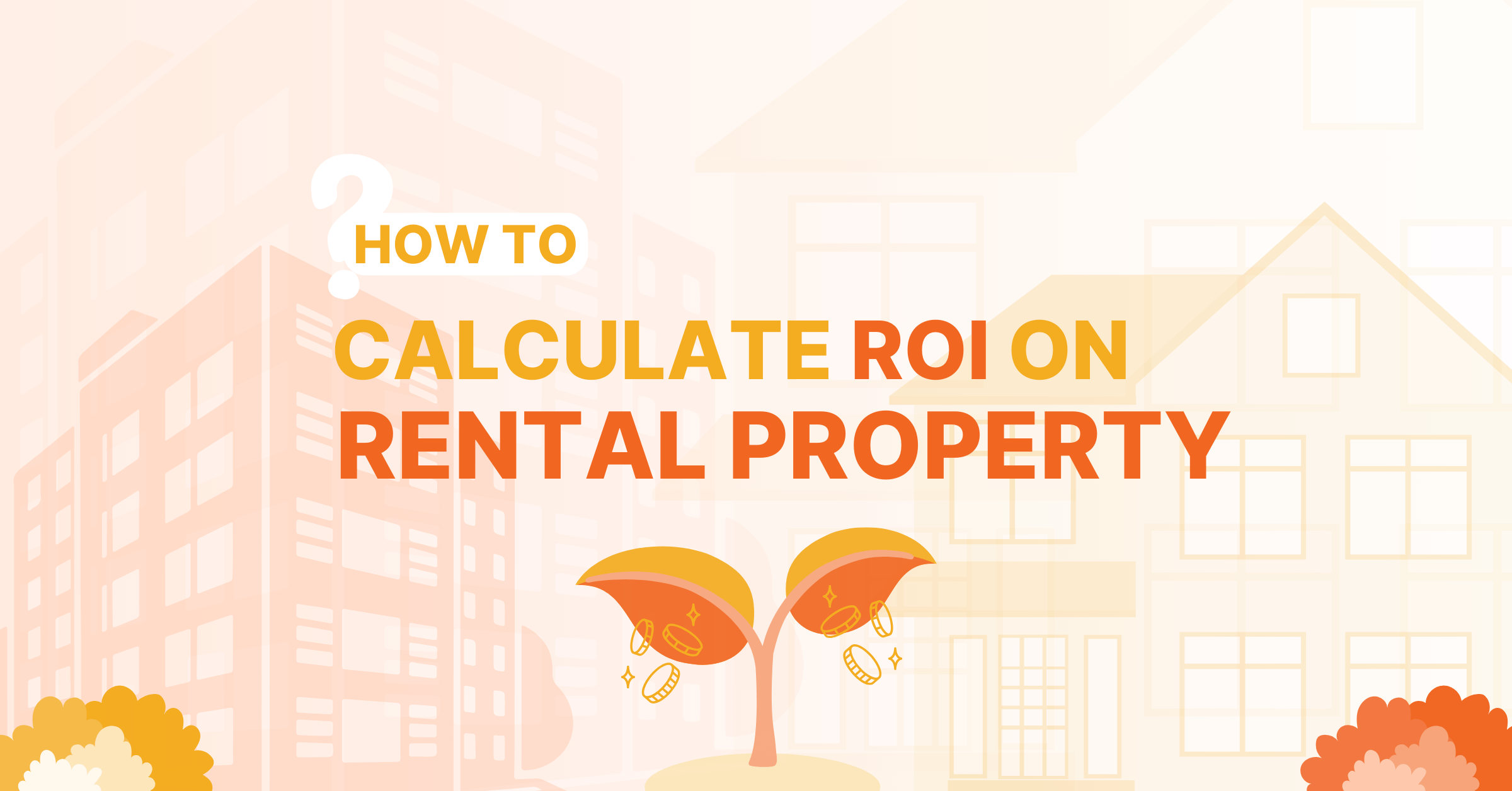Disclaimer: This blog is intended to provide general information about tax considerations when selling a residential rental property and does not constitute financial advice. Always consult a certified tax professional for advice tailored to your circumstances.
The profitability of an investment property doesn't just depend on appreciation and cash flow and on how much you'll owe in taxes at the time of sale.
Selling an investment property can lead to a much larger tax liability than a primary residence because the Internal Revenue Service views rental properties as business investments. Not only do investors need to report rental income and pay taxes on monthly earnings, but they're also responsible for paying taxes related to the sale of your rental.
New investors are sometimes caught off guard by just how much a rental property owner needs to pay in capital gains tax, net investment tax, and local taxes when selling their rental properties. These expenses inevitably cut into investor profit margins and can change whether purchasing an investment property is worth it.
Fortunately, there are several ways to minimize paying taxes when selling a rental property. In this article, we discuss four important figures to consider when calculating taxes on investment property sales and four strategies investors can implement to reduce their tax liability.
- Understanding How Investment-Property Taxes Are Calculated
- Strategies to Minimize Tax Liability for Rental Properties
- The Bottom Line on Calculating Taxes as a Property Investor
Understanding How Investment-Property Taxes Are Calculated

Although your accountant will calculate precisely how much you owe in taxes, you should consider a few factors that could influence your overall tax liability as an investor. Take a look at four key terms that should be considered before purchasing and selling investment properties:
Capital Gains Tax
The sale of a rental property usually triggers Capital Gains Tax (CGT) on any profits made. CGT is a tax levied by the IRS on the profit gained from the sale of an asset that has increased in value. This tax is calculated by subtracting the original purchase price and associated expenses, such as improvements and selling costs, from the selling price of the property. The resulting total represents the capital gain on the investment, which is subject to taxation.
The tax rate for capital gains varies based on your income level and how long you owned the asset before selling. Understanding your potential CGT at the time of sale is crucial for accurately predicting your tax obligations when selling your rental property.
It's also important to understand how to deduct expenses from the capital gain on rental real estate by taking note of the costs related to property acquisition, home improvements, and mortgage interest. These tax deductions can help reduce your tax liability and ultimately allow you to keep more of your home sale profit.
Property Basis
Another calculation for investors to be mindful of is the property's basis. When discussing taxes, the term "basis" refers to the initial cost of acquiring an asset. A property's basis is a reference point for determining capital gains or losses at the time of sale. Generally, the higher the basis, the less capital gains tax paid.
At a minimum, the basis of a property includes the purchase price and expenses incurred for significant improvements that increase its value over time. However, other costs can be added to a property's basis to bring it up. Here are the factors considered when calculating the basis of a rental property:
- Acquisition Cost: Initial purchase price of the property.
- Improvement Costs: Costs incurred to make substantial home improvements that increase the property's value and are expected to last for more than a year can be added to the basis. This could include adding a room, upgrading the kitchen or bathroom, or installing a new roof or HVAC system.
- Legal Fees: The cost of legal services related to the purchase or improvement of the property.
- Closing Costs: Certain closing costs associated with the purchase of the property, such as title insurance and recording fees, can be added to the basis. However, expenses related to obtaining a mortgage, like mortgage insurance premiums and loan application fees, don't apply.
- Rehabilitation Tax Credit: If you claimed a federal tax credit for rehabilitating a historic property, you must decrease your basis by the amount of the credit received.
The key takeaway is for investors to maintain accurate records of the expenses and credit mentioned above to ensure their capital gains tax is accurately calculated at the time of sale.
Depreciation Recapture Tax
Throughout your property's life, the IRS allows you to claim a depreciation expense against your rental income. This claim is beneficial when granted because it reduces your annual taxable income. However, when you decide to sell the rental property, the IRS requires you to pay tax on the amount of depreciation you claimed—a process known as "depreciation recapture."
The IRS treats the recapture of depreciation as ordinary income, which could push you into a higher tax bracket. This can significantly impact how much money you make on the sale of your rental property. As a result, the seemingly advantageous depreciation deductions claimed over the years can lead to significant tax liabilities the year you sell your rental property.
It's important to note that although they are both levied by the IRS, depreciation recapture tax differs from capital gains tax and is calculated separately. Several factors affect depreciation recapture tax, such as the depreciation method used, asset classification of the property, and the length of time you've held onto the home.
Net Investment Income Tax
The Net Investment Income Tax (NIIT) is a 3.8% tax applicable to certain net investment income of individuals, estates, and trusts. Types of income that can be subjected to NIIT include but are not limited to, rental property income, dividends, capital gains, interest, and royalties. This tax is calculated separately from regular income tax and is applicable even if you do not owe any regular tax. However, it usually only applies when income is above a certain threshold. The applicable threshold levels depend on the investor's filing status and modified adjusted gross income.
Strategies to Minimize Tax Liability for Rental Properties

Now that we've covered factors influencing how your taxes are calculated, let's discuss four strategies you can use to reduce your tax liability as a real estate investor.
Tax-Loss Harvesting
Tax-loss harvesting is a tax-efficient investment strategy investors use to offset capital gains taxes and reduce their overall tax liability. It involves selling investments that have experienced a loss and using those losses to offset gains from other investments. This helps reduce taxable income and the amount of taxes owed. The process usually occurs near the end of the tax year, but it can be implemented at any time when losses are realized.
1031 Exchange
Also known as a like-kind exchange or a tax-deferred exchange, a 1031 exchange is a provision in the United States Internal Revenue Code (Section 1031) allowing real estate investors to defer paying capital gains taxes on the sale of investment or business property if they reinvest the proceeds into another qualifying property of equal or greater value. The idea behind a 1031 exchange is to facilitate the continuation of investment by deferring the tax liability, allowing investors to keep more of their proceeds to reinvest in other properties.
Tip: Read 3 Common Mistakes Investors Make When Using a 1031 Exchange.
Installment Sales
An installment sale is a method of selling real estate or other assets. The seller receives payments in multiple installments over time instead of receiving the entire purchase price upfront in a lump sum. This arrangement allows the seller to spread the recognition of taxable gains throughout the installment payments, which can help real estate investors offset tax liability and potentially reduce their overall tax burden. It's a valuable tool for managing tax liability and cash flow for real estate investors, but it should be done alongside a tax professional to ensure compliance.
Convert a Rental Property into a Primary Residence
Turning your rental property into your primary residence is another common way investors offset tax liability. This is done primarily through capital gains exclusion and reduced depreciation recapture. By living in the property for at least two out of the five years before selling, you can exclude up to $250,000 of capital gains ($500,000 for married couples) from taxable income, and converting the property can help reduce the depreciation recapture tax upon sale.
It's important to note that converting a rental property into your primary residence involves specific requirements and timelines. For example, you must establish the property as your primary residence by living in it for a certain period, usually 2-5 years, and you may need to report the change in use to tax authorities. Additionally, tax laws can change, so it's crucial to stay informed about any updates that could impact the tax implications of converting a rental property to a primary residence.
The Bottom Line on Calculating Taxes as a Property Investor
Try PropStream for 7 Days Free!
Calculating taxes for property investments can be an involved process, and the size of your tax bill can vary drastically depending on how you manage your investments. Before buying or selling an investment property, take note of capital gains, property basis, depreciation recapture, and net investment income mentioned in the first half of the article and discuss those numbers with a trusted tax professional.
They'll tell you if any tax-minimizing strategies mentioned above are compatible with your current or future investments. They'll also be able to advise you on specific rental property tax deductions you qualify for and give you a rough estimate of how much you could owe in taxes.



